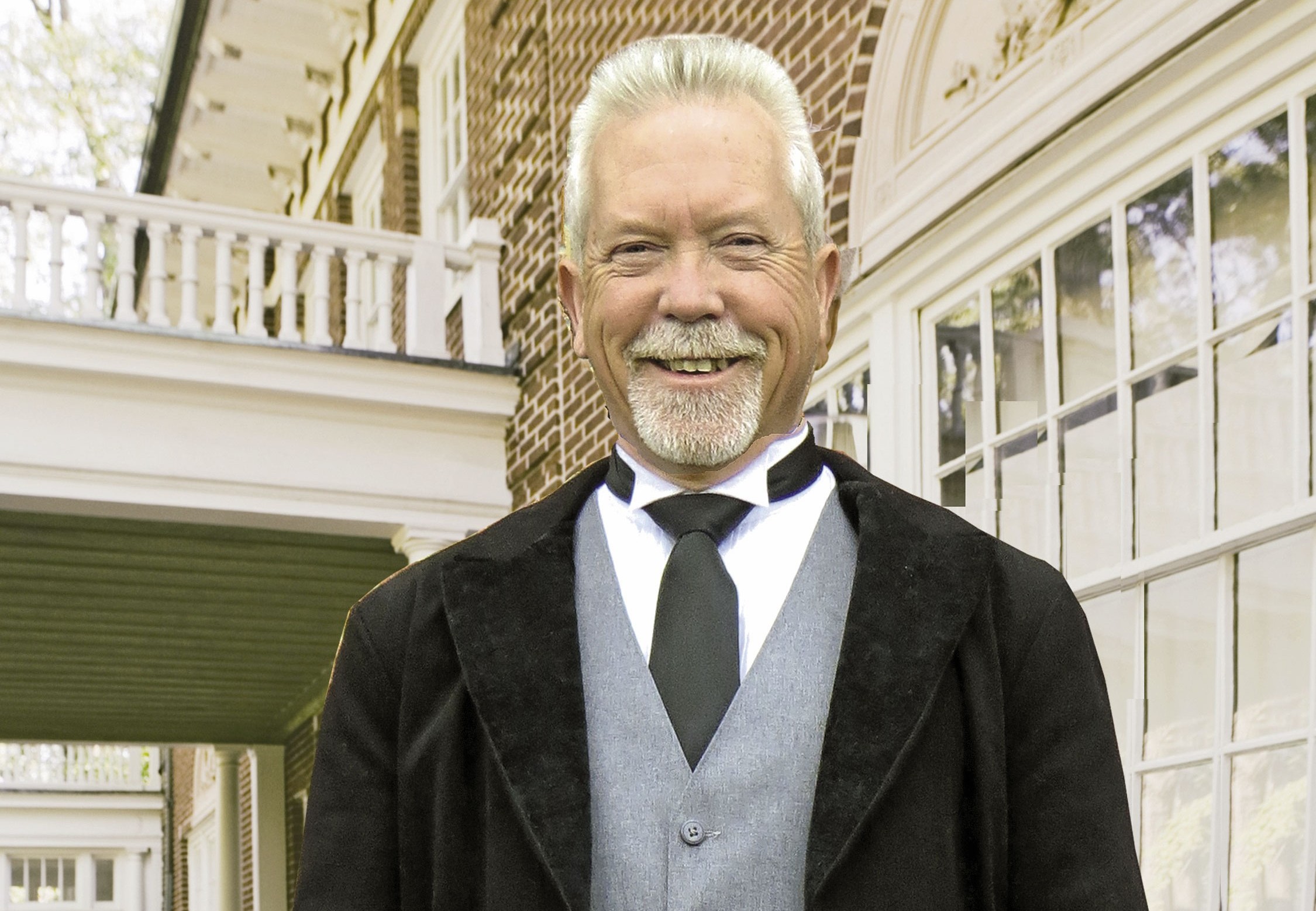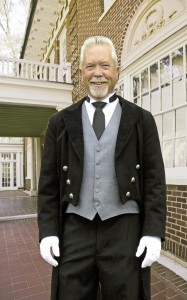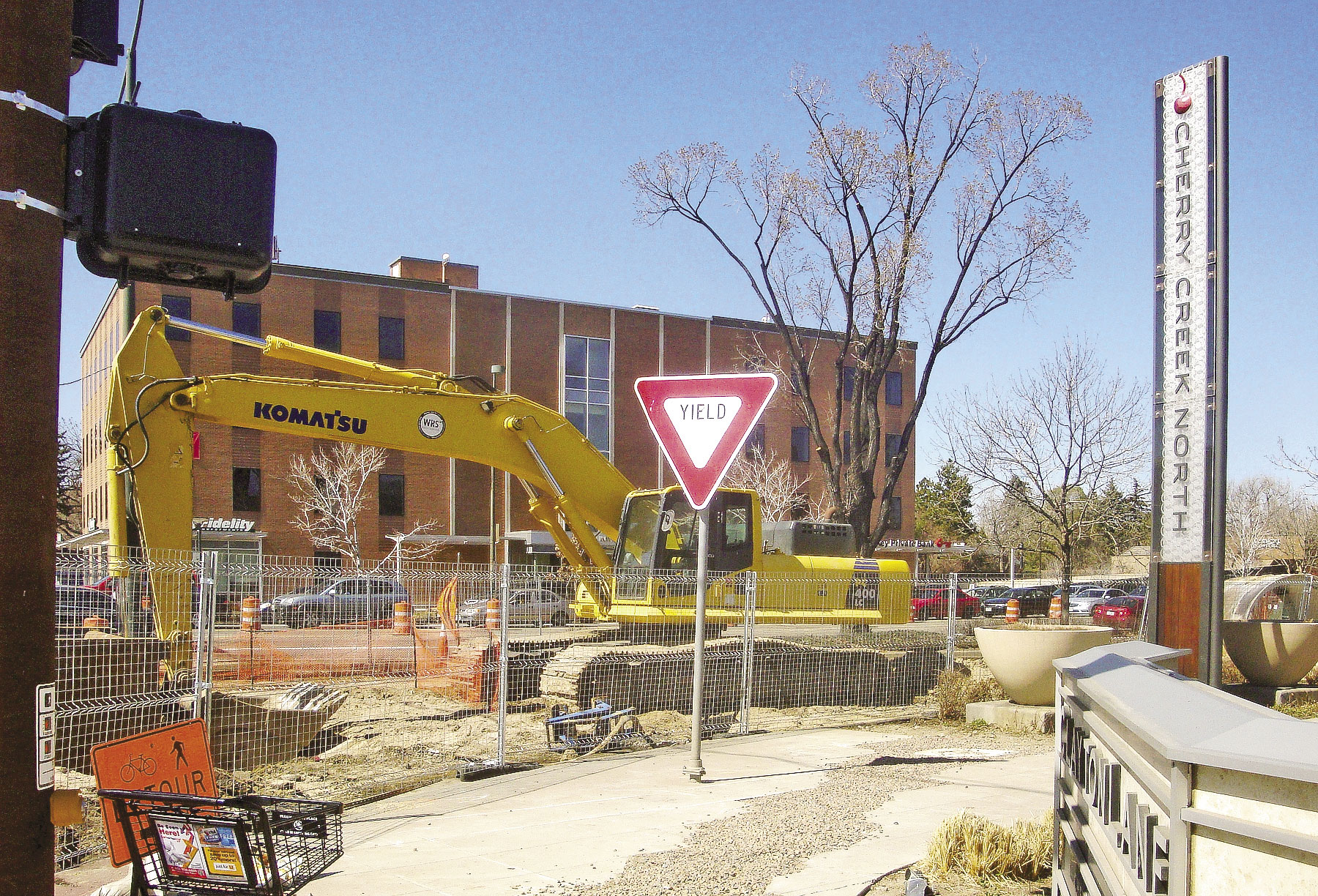
by Mark Smiley | Apr 2, 2014 | Editorials, Featured Articles
Can Denver’s Neighborhoods
Take Back City Hall?
Denver has been described as a city of neighborhoods. It has 78 recognized neighborhoods and many more registered neighborhood associations. There is even an umbrella organization called INC (Inter-Neighborhood Cooperation). Because candidates when running for City Council court and are always deferential to neighborhood associations, many everyday citizens think that their neighborhood associations are highly influential regarding the actions of their elected representatives. In the last few years neighborhood associations from Cherry Creek North to Hilltop to Mayfair to Congress Park to Crestmoor Park and across the city have had their innocence badly shattered.
As most people with an understanding of how Denver works know that neighborhood organizations are to be placated but the real power brokers in the city are real estate developers and powerful unions who fund and in some cases run the campaigns for city office. When citizens in the Highlands want to fight a Red Peak Properties development, or when the residents of Hilltop and Crestmoor wish to protest the giving away of open space at Lowry Vista, or when property owners in Cherry Creek North wish to slow down the massive mega developments in Cherry Creek North or when the citizens of Hampden Heights want to protest the giving away of a portion of Hentzell Park for development, they find themselves powerless with their only remedy to try to institute expensive and time-consuming lawsuits. The courts are in turn run by judges who are themselves government employees and can often be unsympathetic to groups trying to upset the established order. That is why the phrase “You Can’t Fight City Hall” is so often accurate.
The city’s Planning and Community Development Office is composed of ambitious individuals hoping to jump to the private sector with developers or are lifetime bureaucrats who do not want to rock the boat. It is difficult to remember the last time the Planning and Development Office significantly altered a project due to citizen input.
Citizens coming before City Council to fight excessive density in their neighborhoods or the giving away of parks and open space are either ignored or in some cases literally mocked or laughed at by some council members. It will take a city historian to trace back to when a real estate development project was denied by City Council by a full vote. Protesting neighborhood groups usually lose by a vote of 10 to 3 or worse. The few votes in favor of neighborhood groups are usually simply for show and to obfuscate the fact that the game is rigged.
It is a widely recognized dirty little secret that if the councilmember whose district a project is in votes in favor it will inevitably pass. If a project is not going to be approved it will never come to a vote. So if you are going down to City Hall to urge denial regarding a park or open space giveaway or a high-rise development you are almost inevitably wasting your time. No one cares what you think, most of all the city council members, except in rare instances
Next spring there will be another municipal election in Denver. The question becomes whether in that election will average everyday citizens try to take back City Hall from the unions and real estate developers who control so much of what goes on in Denver. One encouraging sign is that candidates who are not associated with the unions or real estate developers are stepping up to the plate to run for city council in the 6th and 10th Districts which adjoin each other across Cherry Creek. Charlie Brown in District 6 and Jeanne Robb in District 10 are both term limited.
In District 10 former head of the Cherry Creek North Neighborhood Association, Wayne New, has thrown his hat into the ring. For eight years Wayne New has fought developers and City Hall to try to preserve the Cherry Creek area as a place where average citizens will want to live and work. He has gotten to see up close and personal how the system really works and how stacked the deck is against everyday citizens and their concerns. He knows how much developers will pour into the campaign of whoever is their selected candidate in District 10, but is willing to fight the good fight anyway.
In District 6 anyone running will have big shoes to fill to replace Charlie Brown, who was one of the few on city council willing to listen to everyday citizen concerns and fight the mayor’s office on behalf of the good of Denver as a whole. It is rumored that Paul Kashmann, the publisher of the excellent local newspaper Washington Park — The Profile is considering running. We are readers of his regular column in The Profile and while most members of this editorial board do not necessarily share his prospective on life, we do think he would make a wonderful candidate and if elected he would be his own man on City Council.
As a practical matter, City Council has become in too many cases a type of revolving door. Many of the candidates for city council these days are simply aides or former aides to council members. They are well acquainted with the money men for the unions and real estate developers and just slide into the position assumed by the prior incumbent. A few desultory open houses with neighborhood groups and a few mass mailers and the beat goes on and nothing ever changes. Wayne New and Paul Kashmann would provide a unique perspective and at least shake up a system that badly needs shaking up. More candidates like them are needed throughout the city.
— Editorial Board

by Mark Smiley | Apr 2, 2014 | Main Articles
Colorado’s Top Butler  Tells You All About It
Tells You All About It
by Mark Smiley
Have you ever wondered what it would be like to have a butler? Perhaps you have watched television shows such as Benson or Downton Abbey. Or you are familiar with Alfred, Bruce Wayne/ Batman’s butler. Chances are that you have seen a butler on television or on the silver screen. But have you ever wondered what it would be like to be a butler? Perry Allen, a Valley resident for decades, is a butler and explains what a day in the life is like for a butler in Denver.
Allen first became interested in becoming a butler in the late ’80s, when a limousine ride and the manner in which the chauffeur conducted himself impressed him. So, in 1988, he was one of 30 applicants for a position as a chauffeur. He was hired by a family with the addition of light duties. Those light duties were what intrigued Mr. Allen to become a full-time butler.
In 1993, Allen was placed with a family in Denver by the Starkey International Institute. The Institute, at 13th and Logan, was founded by Mary Starkey in 1990. They are a state-approved vocational institute Service Management education corporation teaching the art form of Private Service. Starkey is located in a registered historical mansion, built in 1901. This 13,000 square foot high-end private residence in the heart of Denver, is where students are invited to reside while in training and where they conduct their Household and Service Management Programs.
Allen worked for his original family for almost two decades. He was considered an Estates Manager back then because he managed his employer’s five homes. He oversaw a large staff, served as a personal assistant, went on business trips as well as family vacations abroad, and greeted guests who came to the house. One of those guests was former President Gerald Ford.
Allen recalls when the President came for a dinner party, he wanted to have a photo with Ford. The President had requested that no pictures be taken at the dinner. Allen’s employer said that it would be OK to greet the President at his car and shake his hand. When Allen reached for the car door to open it, Secret Service surrounded him and told him to back off. By the end of the evening, the Secret Service were fascinated with what Mr. Allen did for a living and Allen was interested in Secret Service’s job.
One of the most intriguing parts of Allen’s tenure with his first employer was managing a wine cellar with over 10,000 bottles. He set up a sophisticated computer system which tracked all wines coming in and going out. When they ran low on a particular wine, he would know when to reorder. “The system I implemented made it much simpler to track the wines that I needed to order and reorder,” said Allen.
In 2012, Allen decided it was time to move on to a new adventure and worked with a New York placement firm to be situated into a new position. Since 2012, Mr. Allen has been working with a new family, also in the Denver Metro area. His new responsibilities are a welcome change from his former employer. He manages one household, and a housekeeper. His duties include pet care, driving, shopping, valet service, preparing and setting the dinner table (his employer loves to cook), and cleaning up after dinner is finished. He also manages a small wine cellar.
Fascinated with the British lifestyle, and being a fan of Downton Abbey, his new employer sent him to The British Butler Institute in London to refine his skills. He participated in a one-week course where his classmates were from all over the world, including France, England, and South Africa. The British Butler Institute claims that the modern butler should have classic and contemporary butler skills. That is why it offers cooking classes, flower design classes, mixology classes and expert shoe care and valet skills as part of the one to four week programs.
One might wonder after reading this article, what kind of salary a butler would command. Salaries range anywhere from $60,000 to $300,000 per year, most with full benefits according to the Starkey Institute. It can be a lucrative position but certainly comes with its sets of demands. Allen indicated that he was always on call with his first employer. In addition, his hours can be long and the time away from his family takes its toll. However, the rewards far outweigh any of the disadvantages for Perry Allen. “It’s a noble profession, with the perks of living vicariously through the lifestyles of the rich and famous,” said Allen. He also enjoys the adventurous travel.
So who is becoming a butler these days? Individuals with double majors and even law degrees, according to butler expert Robert Davidson. “You need some intelligence, an ability to please along with some very good organizational skills,” Davidson noted. “But how many jobs offer six figure salaries to start in this country? The rich are very rich these days and they are willing to share a little bit of that wealth for the right person who can make their lives easier.”
To find out more about Perry Allen visit his website at www.perryallen.com. To learn about attending butler school you can go to the website of Starkey International Institute at www.starkeyintl.com.
by Mark Smiley | Apr 2, 2014 | Main Articles
Massive University Blvd. Projects Plus
University Blvd. Projects Plus
District’s Construction Explosion Snarling Traffic
by Glen Richardson
Mega developments underway in Cherry Creek North are snarling traffic within the district while two massive projects along University Blvd. has traffic grinding to a halt. Commuters complain that during rush hour, traffic on University is nearly at a standstill for up to six blocks in all directions. Normal weekday traffic volumes along University in the Cherry Creek commercial area are approximately 50,000 vehicles per day. The two-hour morning peak period begins at 7 a.m. and ends around 9 a.m., while the afternoon peak is from 4 p.m. to 6 p.m.
Officials say the resulting traffic jams will get worse this summer for people who commute northbound along University Blvd./Josephine and southbound York/University from 6th to 2nd Avenues.
Traffic headaches within the 16-block shopping-dining district are being created, as buildings are demolished and new ground excavations begun for a half-dozen major projects currently underway. Construction related traffic tie-ups have local businesses fuming over lost sales while some report they have had to cut down on staff hours because of the slowdown. More than 11,250 employees work within the district.
University Blvd. Projects
Denver Public Works started construction in January (Chronicle, December 2013) on a new storm drain system plus a street improvement project along University Blvd. in Cherry Creek North. Additional work is taking place east of University and 1st Ave. Officials had said they would keep one or two lanes open in each direction throughout the project. However, in late March northbound University was closed at 1st Ave.
The storm drainage portion of the project is designed to reduce the frequency and impacts of recurrent, localized flooding in the Cherry Creek area. This project will add significant capacity to the drainage system. The main components include a new outfall structure draining into Cherry Creek through a new storm drainage pipe that will ultimately extend north into the Cherry Creek neighborhood.
Building Boom Congestion
The proliferation of high-rise buildings under construction in Cherry Creek North is also causing problems for both district shoppers and businesses. Traffic slowdowns and stoppage due to construction is not only clogging streets but it is also paralyzing business as shoppers and residents flock in and out of the district. In addition, construction vehicles and equipment are monopolizing traffic lanes and parking spaces, reducing the already congested road capacity.
The biggest traffic slowdowns are along 1st Ave. where work is underway on the enormous FirstBank building at St. Paul. Just east of that project on 1st Ave., construction is creating traffic congestion, where the 12-story Steele Creek Apartment project is being built, at the intersection of Steele that has always had traffic flow problems. Adding to the streets woes will be construction traffic as the RH Gallery project gets started to replace the former Saks Fifth Avenue space along 1st Ave.
Perfect Storm
Cherry Creek North shop owners, restaurants and other businesses say the work along University Blvd. plus the massive building projects within the district are creating substantial business difficulties. Furthermore the timing of projects particularly along University couldn’t have been worse. “The spring and summer months are our busiest time other than Christmas and they waited until we were starting to get busy and started closing down streets,” said one retailer. Added another: “This is the perfect storm!”
On the positive side, at Ten Thousand Villages on 3rd Ave. next to the 250 Columbine development, manager Charlotte Otto says that while it has impacted business, customers are still coming in. “We are finding ways to thrive despite the challenge. Our loyal customers have been a huge strength.” Many in the district, while declining to give their name or that of their business, say on average they have seen foot traffic drop 15-20 percent, with sales off 10 percent. Owners and managers also say they felt shut out of construction decisions, including the timing of work.
A customer in one shop told the Chronicle, “We were so determined to make it we drove around the detours three times before we found the correct turn into the store.” The manager at one business stated that while driving down 2nd Ave. going to FedEx kinkos, construction flaggers refused to let him make the turn until he became belligerent. Businesses and restaurants all complain that employees are late to work. What once took two minutes now takes 20. Moreover, they note it is increasingly difficult for both customers and employees to find parking. One business along University/York noted they had seen escalating road rage and fender benders plus cars cutting through their parking lot. Several businesses told the Chronicle they had just received notification via a pamphlet of the upcoming closure of Josephine. The reaction of one manager: “Oh my God!”
Cherry Creek’s Woes
Benefit Competitors
The traffic jams throughout Cherry Creek have not escaped the notice of the area’s competitors. Jeff Estey, a restaurant entrepreneur who owns three restaurants in Old Gaylord by Washington Park (Wash Park Grille, Max Gill and Grille and Agave Taco Bar), drives his child to the Cherry Creek area for lessons and knows well the traffic woes the area is suffering from. He began a radio advertisement campaign developed by Entercom which notes the parking and traffic problems in Cherry Creek due to construction and invites potential diners to come to the Washington Park area where those issues are not impediments for customers. He states, “Our idea was not to be malicious, but rather poke fun at Cherry Creek’s woes and give people a pleasant alternative.” Restaurants and shops in Glendale are considering similar advertising campaigns.
The City and County of Denver anticipates that the street and storm drainage work will be completed by November of this year. By that time the first of the already approved mega developments will begin to be completed. The effect of those developments on traffic and parking is unknown as the city declined neighborhood requests to perform studies on their impacts.




